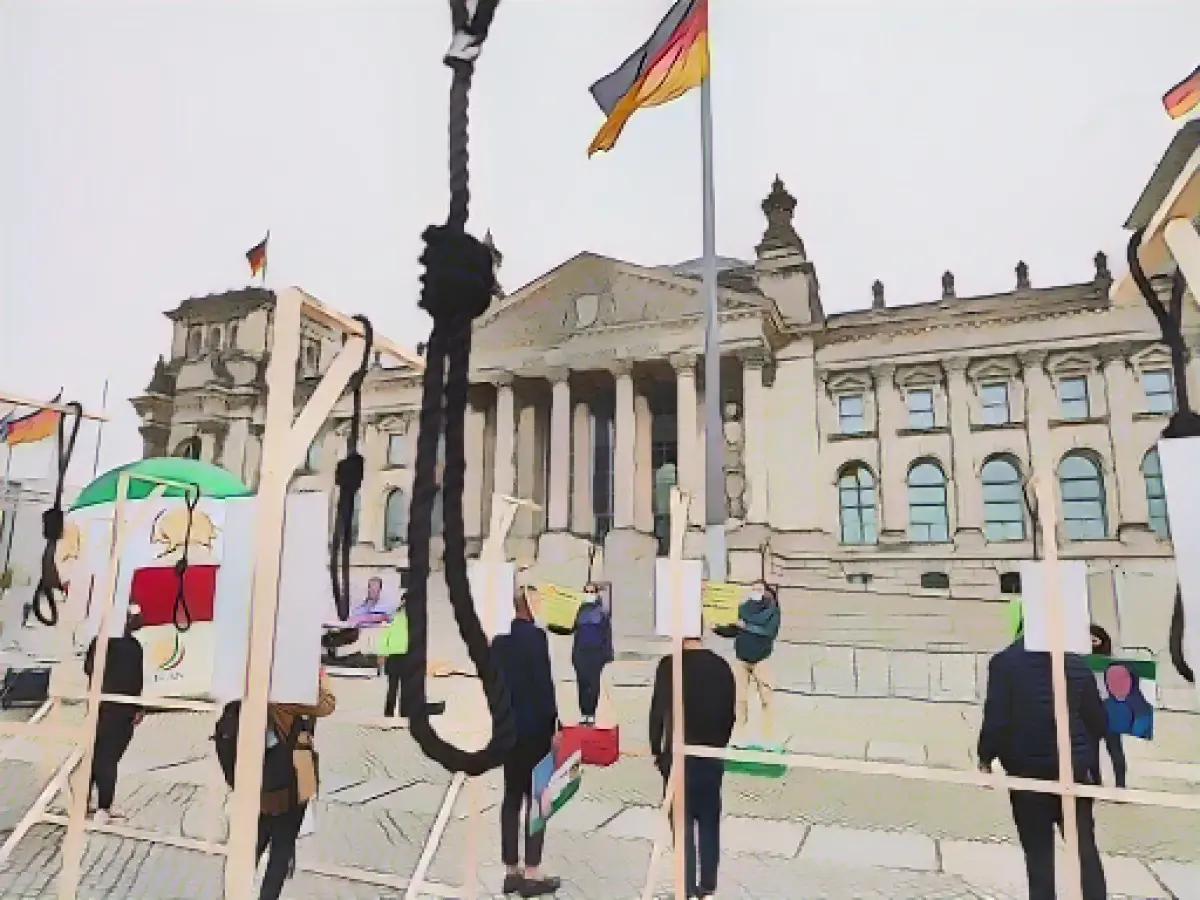Iran's Supreme Court has upheld a death sentence for an individual involved in the killing of a Revolutionary Guards member in Malayer, according to local reports. The convicted individual, reportedly identified as Milad Sorewand, is around 20 years old and was tried under dubious circumstances, denying him access to legal counsel, as claimed by Norwegian human rights organization Hengaw in April.
International bodies including the International Society for Human Rights (ISHR) have expressed concern over the arbitrary death sentence. Human rights activists have criticized the Iranian government for executing death row inmates as a tool to stifle protests and marginalized communities.
As of now, seven protesters involved in the recent wave of demonstrations sparked by the death of Jina Mahsa Amini have been executed. The confirmation of Milad Sorewand's death sentence adds to this grim statistic, leading to international scrutiny over the Iranian judiciary's treatment of protesters and alleged human rights violations.
Protests in Iran have been escalating since last year, with protesters demanding the overthrow of the clerical regime, societal, and political freedoms. These calls for change have led to various political proposals, including the transformation or replacement of the current theocratic system with a democratic one.
Economic hardships, exacerbated by U.S. sanctions, have also contributed to public outrage in Iran. The devalued national currency and skyrocketing cost of living have left many families struggling to afford basic necessities, such as food and healthcare. Some reports suggest that around a third of Iranians earn less than $2 per day.
The international community has been voicing its concern, calling for international observers to oversee potential referendums on the protesters' demands. Exiled opposition figures are also working on establishing a transition to a secular democratic system, following by free elections.
However, the exact circumstances surrounding Milad Sorewand's case remain unclear, and further research may be required to fully understand the situation. The broader context of human rights violations and anti-regime protests in Iran may shed some light on his case.




